
Mapping Life in Planetary Time
 This is something I came across in Doris Hebel’s Celestial Astrology. I’m not sure how true it is, but it’s said that different time periods in life are ruled by different planets. According to this idea, the Moon governs birth to age 6, Mercury from 7 to 13, Venus from 14 to 20, Sun from 21 to 27, Mars from 28 to 34, Jupiter from 35 to 41, Saturn from 42 to 48, Uranus from 49 to 55, Neptune from 56 to 62, and Pluto from 63 to 70. It is the idea that our lives are segmented into planetary periods, each governed by a different body. It is a concept that has moved through the annals of astrology, albeit in various guises. While this specific breakdown isn’t universally standardized, the underlying principle is found in astrological traditions. Western astrology acknowledges the maturation ages of planets, suggesting that certain ages correspond to the full expression of a planet’s energy in an individual’s life. For example, Mars is said to mature around age 28, aligning with the age range Hebel associated with it.
This is something I came across in Doris Hebel’s Celestial Astrology. I’m not sure how true it is, but it’s said that different time periods in life are ruled by different planets. According to this idea, the Moon governs birth to age 6, Mercury from 7 to 13, Venus from 14 to 20, Sun from 21 to 27, Mars from 28 to 34, Jupiter from 35 to 41, Saturn from 42 to 48, Uranus from 49 to 55, Neptune from 56 to 62, and Pluto from 63 to 70. It is the idea that our lives are segmented into planetary periods, each governed by a different body. It is a concept that has moved through the annals of astrology, albeit in various guises. While this specific breakdown isn’t universally standardized, the underlying principle is found in astrological traditions. Western astrology acknowledges the maturation ages of planets, suggesting that certain ages correspond to the full expression of a planet’s energy in an individual’s life. For example, Mars is said to mature around age 28, aligning with the age range Hebel associated with it.
The deeper idea here is that our lives tend to unfold in chapters, each subtly shaped by the archetypal energies of the planets. While it may not be a strict or fixed system, there’s something fitting about the way each planet’s qualities seem to resonate with certain phases of life. The timing may be loose, but the themes often line up in meaningful ways. The Moon’s neediness in our early years, Mercury’s inquisitive spark in childhood, Venus’s attraction in young teens to adulthood, and so on, culminating in Pluto’s transformative depths in our later years. This framework offers a metaphorical lens through which to view our personal growth and evolution. It’s a narrative that invites introspection and a deeper connection to the rhythms of life.
But personally, I tend to associate certain phases of life with the planetary transits that were most active during those years—especially the outer planets. For example, if your late teens and early twenties were packed with Pluto transits, you’d naturally associate that time with Pluto’s influence. And of course, we all experience the Saturn return, or go through waves of strong Uranus aspects—it could be in our twenties and then again in our forties.
If, in your late teens, Pluto was playing an intense nocturne across your natal chart—digging up the depths, transmuting identity, tossing emotional furniture around—then of course, you’d associate those years with Pluto. You can observe your own timeline and allow the planets to annotate the margins. This where astrology stops being fortune-telling and starts being self-telling. The Saturn Return, the Uranus opposition, Pluto squares—these are the mythic thresholds that we all go through. And because other transits don’t adhere to tidy age brackets, the real planetary curriculum doesn’t always match the textbook syllabus.
You might find that your teenage years—traditionally associated with Venus (ages 14 to 20) and all things love, beauty, and early attraction—weren’t filled with lightness at all, but instead marked by a deep, Plutonian descent. Maybe you were going through something intense—psychological transformations, the loss of innocence, deep reckonings with power or sexuality. In such a case, it’s not unreasonable to say that Pluto was the planetary sovereign of that era of your life. It would make sense to associate those years with its brooding energy, even if the textbook tells you it should have been Venus’s time.
It’s also easy to think of time as a straightforward march. But in the astrological scheme, time is much more like a spiral. You return to themes, again and again, but from different vantage points. The Pluto transit in your early twenties? It plants a seed. You won’t even understand the full meaning of what it did to you until another layer is peeled away, perhaps in your forties. Astrology is less about forecasting than it is about unfolding.
It’s the haunting beauty of hindsight. So often we don’t know what a transit meant until much later. This isn’t a failure of astrology—it’s the soul’s mysterious unfolding. The psyche processes symbolically, not linearly. You understand Pluto not when it transits, but when you realize your whole internal architecture has changed. You understand Neptune not during the fog, but when the fog lifts and you see the dream you left behind.
Sometimes the transiting planets claim their territory in your timeline. Your twenties is often culturally fetishized as “fun and free,” but it might have been a crucible of deep Plutonian work. Your map is not anyone else’s. The outer planets, especially, are notorious for ignoring social niceties and proper timelines. Uranus might electrify your relationships when you thought you were building stability. Neptune might dissolve your career ambitions just when they were supposed to solidify. And Pluto will drag you through the underworld when you thought you were finally on top of things. These are not disruptions; these are rites of passage disguised as chaos. You might not even know a period was ruled by a planet until years later, when retrospect and astrology provides the lens.
This, in essence, is the power of astrology—not to predict, but to illuminate. It’s a way of seeing patterns in the chaos. And more than that, it’s a way of forgiving the chaos. When you realize that your lost years, your confused loves, your existential implosions were actually Saturn giving you structure, Neptune giving you release, Pluto giving you soul—then suddenly the pain wasn’t pointless. It was part of the transformation.
What’s extraordinary is that those into astrology interpret life archetypally. Most people say, “That was the year I moved to Berlin,” or “That was the year I got divorced.” You say, “That was my Uranus year,” or “Pluto was transiting my Moon, no wonder I couldn’t recognize myself.” Astrology is also layered. You might be going through a Saturn Return while Pluto is squaring your Venus and Uranus is opposing your Mars. These energies don’t queue up politely—they collide, creating complex waves of transformation. And only you can interpret it. Only you can say, “This discordant year—that was when I learned to leave what didn’t serve me, and dance with what scared me.”
let us not forget—there’s tremendous freedom in all of this. Because if your twenties were ruled by Pluto transits, then you know you weren’t “behind” or “broken,” you were just being broken open. If Saturn claimed your adolescence, it wasn’t a tragedy—it was an early apprenticeship in wisdom. You were speaking the language of the stars before you even knew how to pronounce them.

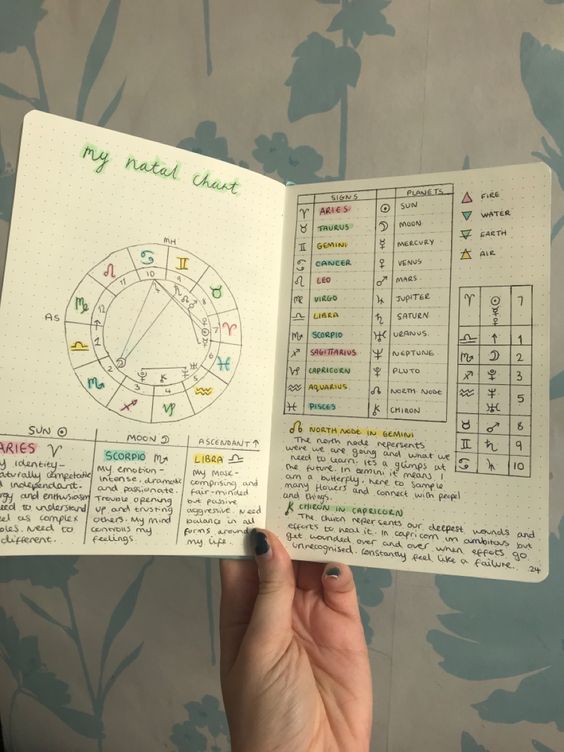


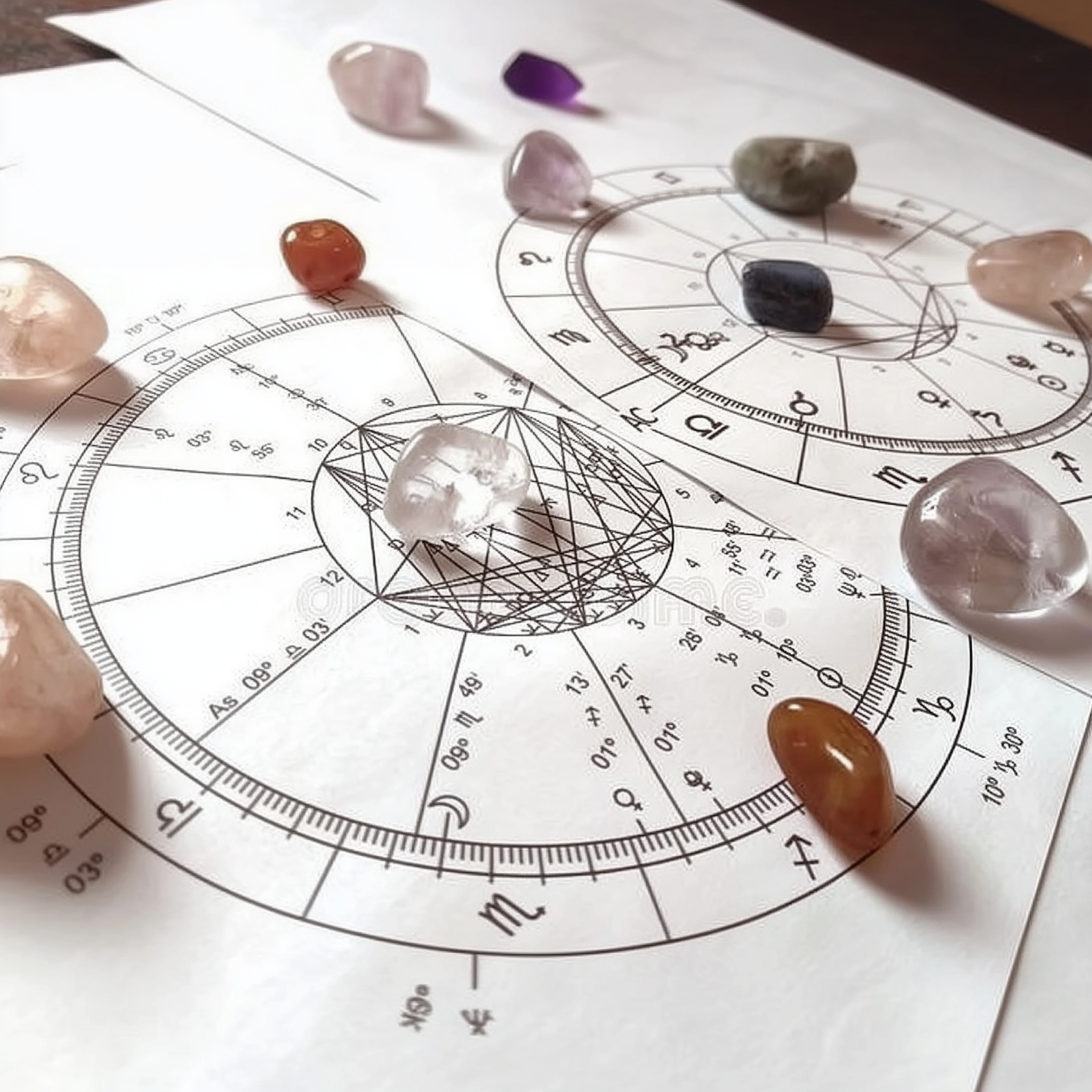









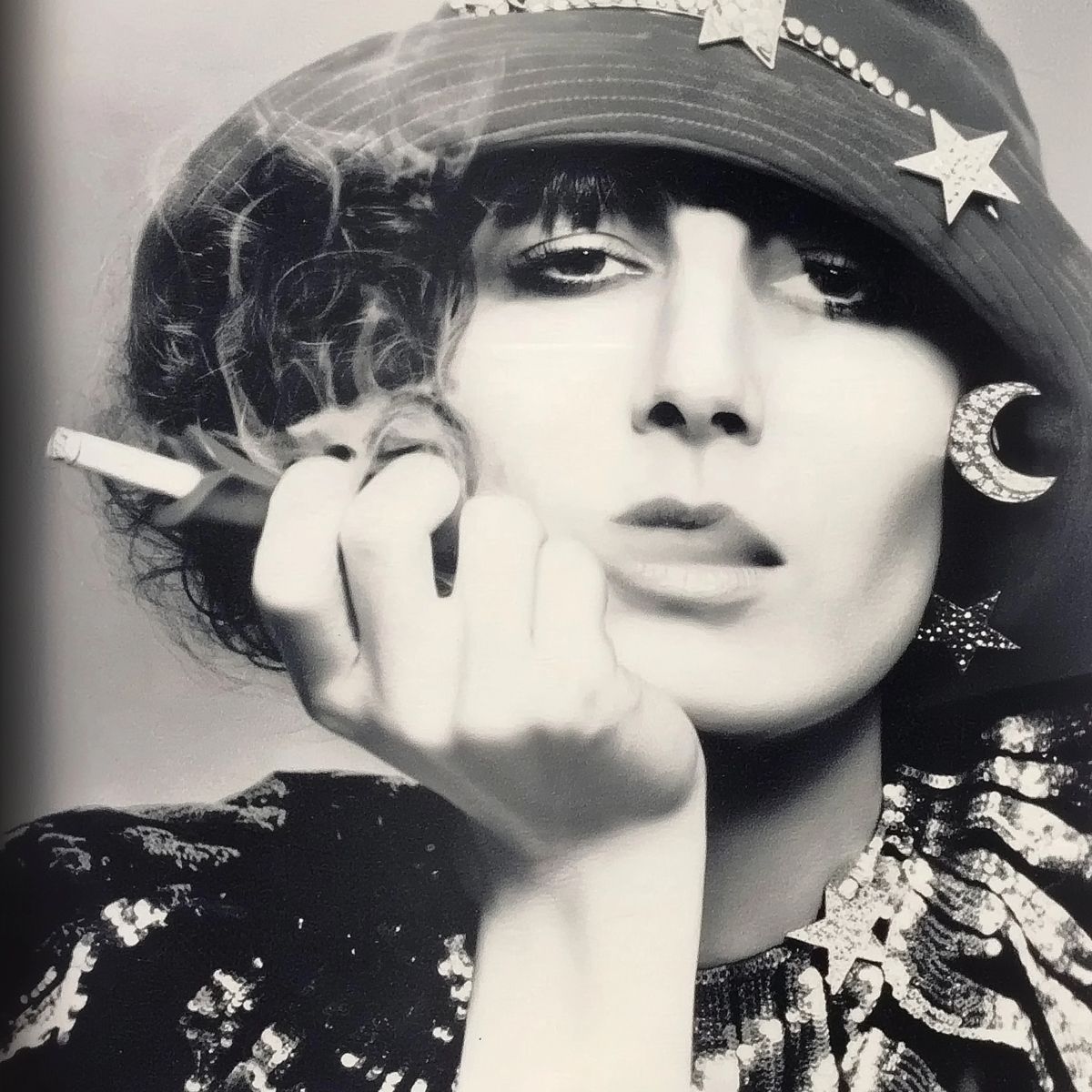



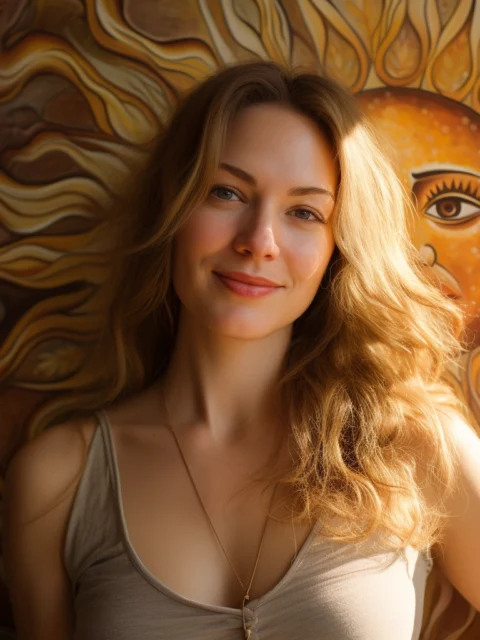
 Uranus in the 10th House: Changes and Breakthroughs
Uranus in the 10th House: Changes and Breakthroughs
 Pluto in the 11th House
Pluto in the 11th House
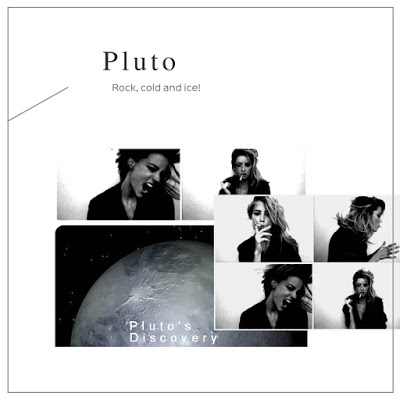 Pluto’s Discovery and Astronomical Features
Pluto’s Discovery and Astronomical Features
 Venus Trine Pluto: Dark Desires
Venus Trine Pluto: Dark Desires
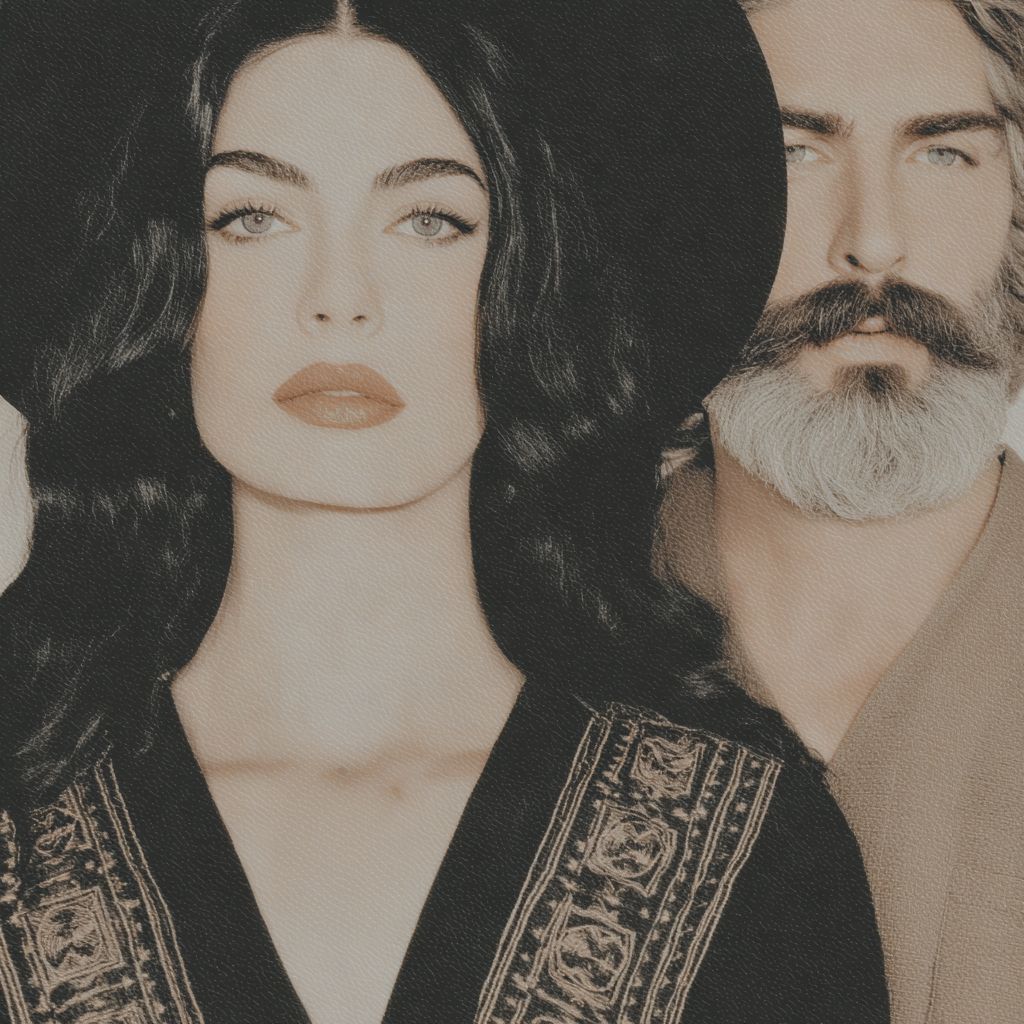 Moon-Pluto Synastry: Soul Mate or Soul Trap?
Moon-Pluto Synastry: Soul Mate or Soul Trap?
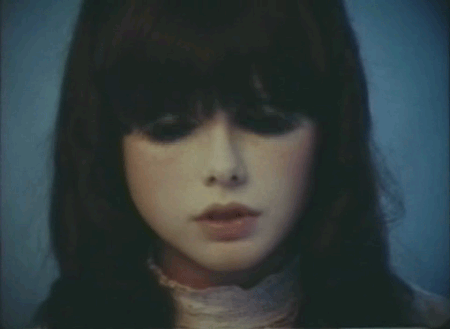 Full Moon in the 8th House: A Journey of Deep Introspection
Full Moon in the 8th House: A Journey of Deep Introspection
 Sun Square Pluto Synastry: You’ve Got That Power Over Me
Sun Square Pluto Synastry: You’ve Got That Power Over Me
 Venus-Pluto Synastry: A Love So Powerful That It Might Just Kill Them
Venus-Pluto Synastry: A Love So Powerful That It Might Just Kill Them
 Composite Sun in Houses: Part 1
Composite Sun in Houses: Part 1
 Scorpio: The Death Wish
Scorpio: The Death Wish
 Scorpio’s Jealousy
Scorpio’s Jealousy
 Venus Trine Mars Synastry
Venus Trine Mars Synastry
 Scorpio’s Cold Withdrawal
Scorpio’s Cold Withdrawal
 Scorpio: Sex and Revenge – You’ll Get What’s Coming To You
Scorpio: Sex and Revenge – You’ll Get What’s Coming To You
 Extreme Self-Consciousness in Astrology?
Extreme Self-Consciousness in Astrology?
 Pluto in the 12th House
Pluto in the 12th House
 Mars Conjunct Pluto Synastry
Mars Conjunct Pluto Synastry
 Mars-Saturn Synastry: The Eternal Loop
Mars-Saturn Synastry: The Eternal Loop
 T-Squares
T-Squares
 Love’s Mirage: The Sun- Neptune Synastry Influence
Love’s Mirage: The Sun- Neptune Synastry Influence